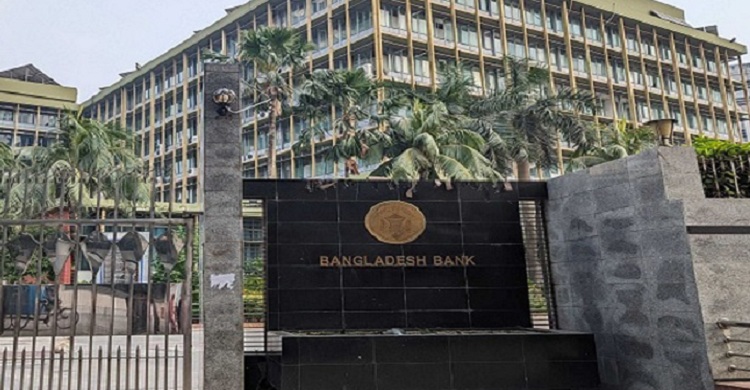
- Financial
Bangladesh govt to form asset mgt company to cut NPL
- Financial
- 10 December, 2020 22:33:47
CNI Desk: he government is going to form a fully state-owned asset management company to reclaim default and non-performing loans, which have been a major concern for the economy.
The ministry of finance has formulated a draft ‘Bangladesh Asset Management Law 2020’ to this end, the ministry sources said.
Under the law, the company with its own jurisdiction will take lease of defaulters’ assets or sell out their assets to get back the loan amounts.
At the same time, it will be able to take over the management of the weak business entities of the loan defaulters apart from taking hold of collateral assets provided against the defaulted loans.
Besides, it will have the power to turn the bought loans or part of the loans into shares, official sources added.
Earlier in 2016, former Finance Minister AMA Muhith drafted a law to form ‘debt recovery agent company,’ but the initiative did not see light because of a difference of opinion between Bangladesh Bank and state-owned banks.
Giving examples of the existence of agents in India and Pakistan, the central bank gave opinion for appointing agents in line with a specific policy instead of forming a company. But the state banks gave a reverse opinion on the issue.
Prior to the announcement of the current fiscal’s budget, Finance Minister AHM Mustafa Kamal hinted for the formation of such asset management company, which he said, will be effective in reclaiming defaulted loans.
Some NPL marred Asian countries like Vietnam, South Korea, Indonesia, Malaysia, Thailand, Taiwan and the Philippines have seen success in lowering NPL with the formation of such asset management company, finance ministry officials said.
In particular, Indonesia’s NPL situation was in a bad shape as 50 per cent of its total loans had become NPL. By 2017, the country was able to lower the NPL level to 3 per cent of the total loans through the asset management company.
“The amount of defaulted loans is rising alarmingly in the banking sector. Even some borrowers are willful loan defaulters. Banks’ success in loan reclamation is very poor. Eventually, such defaulted loans are being written off,” said a high finance ministry official, seeking not to be named.
“In view of the situation, the formation of an asset management company can play an important loan to bring down non-performing loans. The company, first of its kind in the country, will be fully owned by the government,” the official added.
Former central bank deputy government and a noted economist Khondokar Ibrahim Khaled does not think that the asset management company will yield expected results in lowering NPL. Instead, it may drain hard-earned public money, he warned.
“Such asset management companies are in operation in many countries. But the formation of such a company owned by the state may drain out public money as the company will have to purchase bad loans from state-owned banks,” he pointed out.
“With the process, banks will be free of default loans burden, but the question is how the company will be successful in reclaiming the default loans while those banks have failed to reclaim the bad loans,” he argued.
According to Bangladesh Bank data, the size of total NPL stood at Tk 961.16 billion in the banking sector in June this year, which was 9.16 per cent of total disbursed loans.
The draft law suggests that the company’s approved capital will be Tk 50 billion, which is divided into 500 crore Tk 10 value shares. Paid-up capital will be Tk 30 billion, which will be provided by the government.
Chairman of the company will be a central bank deputy government or a person who will have 25 years of banking experience. Duration of the board of directors will be three years. No directors will be able to remain a director for more than two consecutive terms.
However, any loan defaulters or subscribers of any loan defaulting institutions or any person convicted by the courts won’t be able to become directors of the company.



























Comment ( 0)